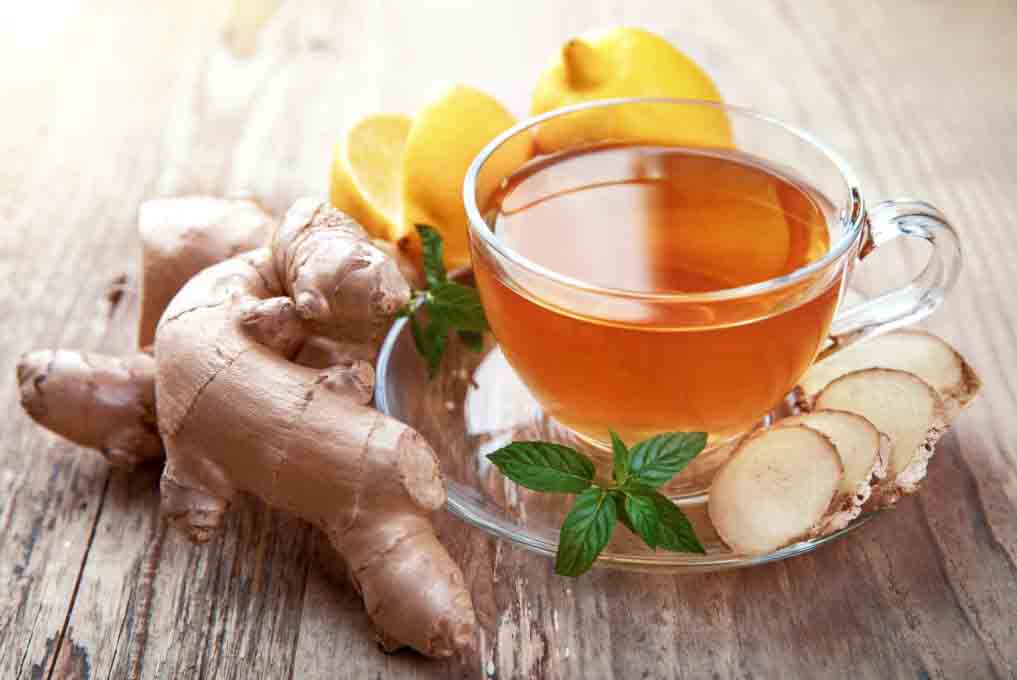Your cart is currently empty!
Ginger Tea

Long Leaf Ginger Tea with different flavor:
1. Original Honey Flavor
2. Lemon Flavour
3. Uniquelly mint flavor
Ginger tea is a combination of ginger root and boiling water used in Traditional Chinese Medicine for centuries. The tea is known for its potential health benefits like quelling nausea and reducing inflammation.
Despite its name, ginger tea isn’t technically a tea, since it contains no tea leaves. Rather, it’s made by steeping a piece of fresh ginger in boiling water. It sometimes goes by the names shōgayu, saenggang-cha, teh halia, teh jahe, or salabat.
Ginger tea has a long history in various parts of Asia, where it has been used for medicinal and culinary purposes. Some historians believe ginger tea was created as early as the Tang dynasty in seventh-century China when ginger was added to tea as a flavor enhancer.1 Since then, it has been used to treat nausea, high blood pressure, pain, inflammation, weight management, and more.
You can purchase ginger-flavored tea bags or prepared teas at the supermarket or health food store. However, these are made with flavored tea leaves rather than ginger alone.
Health Benefits of Ginger Tea
Although ginger tea has been around for centuries, not all of its purported benefits have been proven by science. Here’s what the evidence says about ginger tea’s health effects.
Nausea Relief
Of all ginger’s potential benefits, nausea relief is probably its most well-known. Many people reach for ginger chews, ginger ale, or ginger tea during stomach flu or motion sickness. Fortunately, the hype is real! Current research supports the use of ginger for a queasy stomach.
One study study concluded that ginger is a safe, effective, and inexpensive treatment for nausea and vomiting during chemotherapy, pregnancy, and motion sickness.2 (However, a similar study emphasized that while ginger was effective for morning sickness, its clinical value and safety profile were unknown.)3 Another review found that ginger improved nausea, vomiting, and fatigue in chemotherapy patients.4
Anti-Aging
Can you drink your wrinkles away? Perhaps not, but ginger tea might make a dent in the aging process. A 2019 review surveyed the relationship between ginger and aging and degenerative diseases. Researchers concluded that antioxidant compounds in ginger could reduce inflammation that leads to certain degenerative conditions.5 However, more research is needed to determine how ginger could reduce signs of aging and age-related conditions.
Blood Pressure
A cup of something warm and soothing can always help lower stress levels—and ginger tea may go above and beyond by decreasing your blood pressure. One study found drinking ginger tea daily reduced the risk of hypertension and coronary heart disease.6
Pain Relief
Inflammation and pain go hand in hand—so it’s not surprising that ginger, with its anti-inflammatory properties, could help relieve physical pain. Research shows ginger could help reduce pain after intense exercise, for example.7
Chronic pain could also find a friend in ginger. Studies have indicated that supplementing with ginger could improve inflammatory joint conditions like osteoarthritis and rheumatoid arthritis.89 Still, more research is needed to prove its effects definitively.
Immunity Support
Because of its antioxidant properties, ginger could also play a role in supporting the immune system.7 Additionally, with its antiviral and antibacterial properties, ginger could fight pathogens, reducing your chances of getting sick in the first place.
